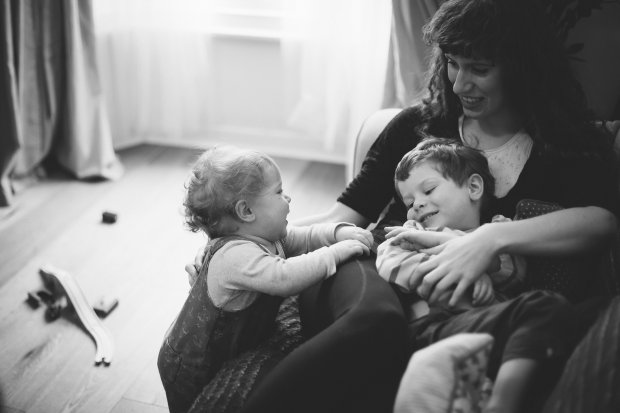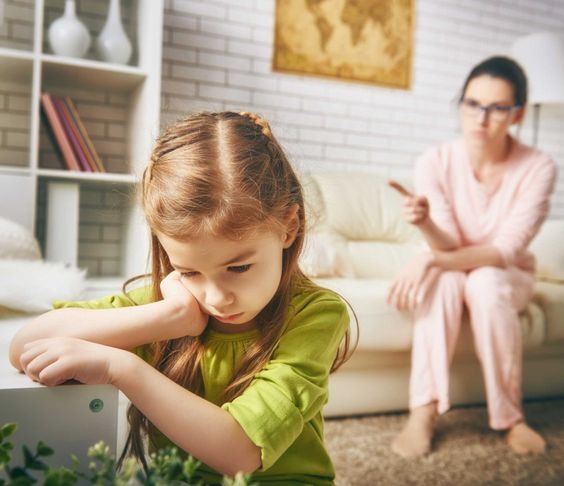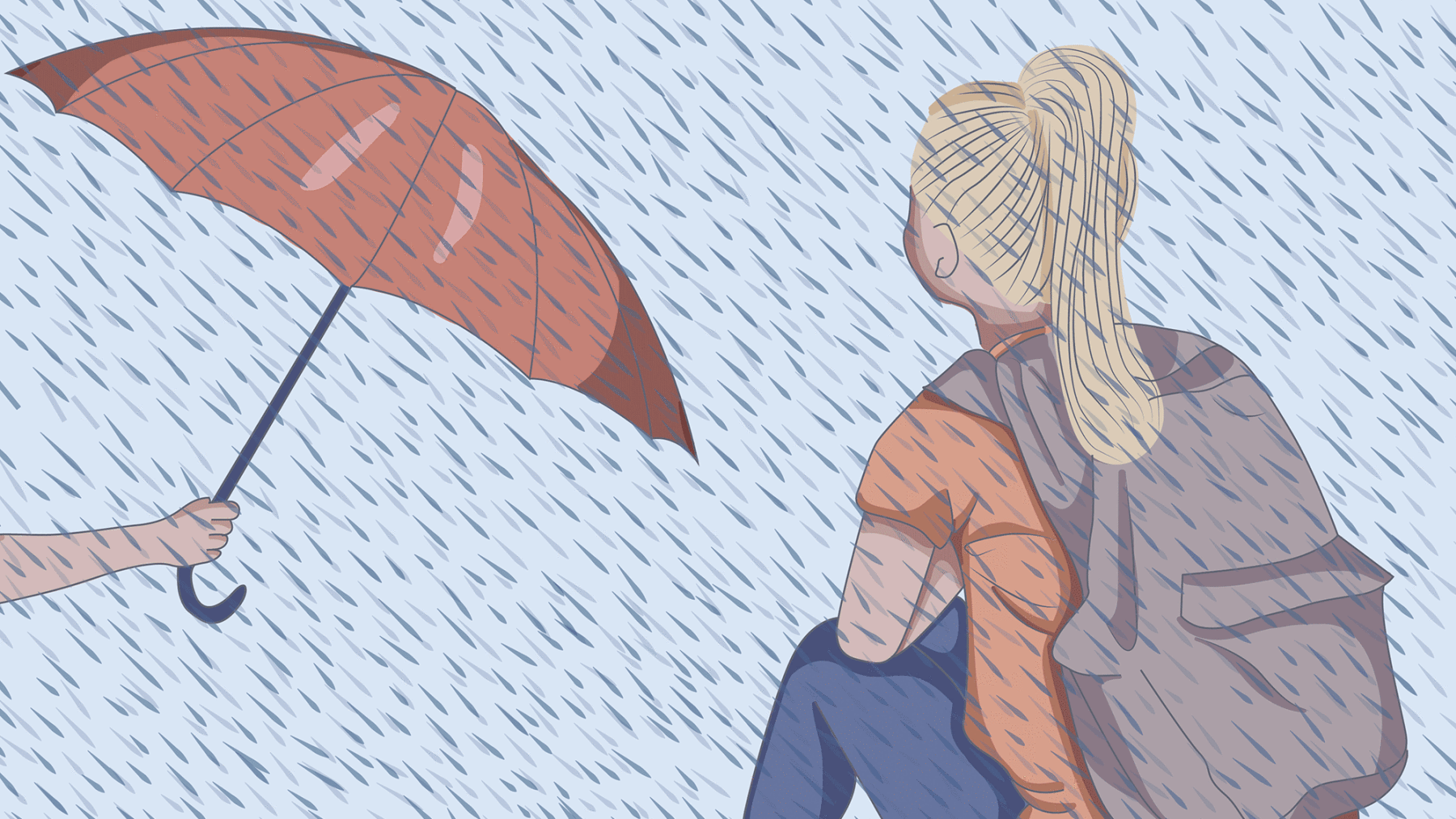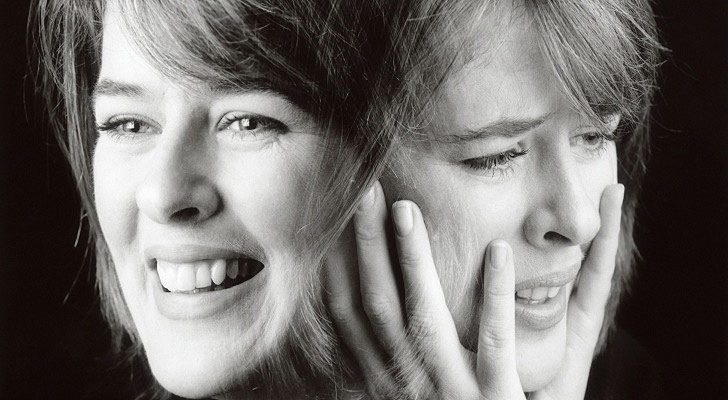Sasha, a mother-of-two, was diagnosed with borderline personality disorder last year.
She was in a mother and baby unit at the time and was struggling with depression and OCD. While there, she brought up the idea of BPD to the doctors, as she felt like it helped to put a label on what she was feeling.
It turned out they had already written the condition in their notes, but hadn’t brought it up because of the stigma still surrounding BPD. Borderline personality disorder is a type of personality disorder. Symptoms of BPD include not having a sense of who you are, worrying about abandonment, quick mood changes and feeling very intense emotions. Sasha was diagnosed after becoming a mother.
She has two boys, a four-year-old and an 18-month old. She feels her BPD ‘definitely affected motherhood’. What is borderline personality disorder? Borderline personality disorder, also known as emotionally unstable personality disorder, is a serious mental illness that causes the inability to manage emotions effectively.
The disorder makes a person experience very intense emotions, and can affect relationships. A person with BPD may have no sense of who they are, a strong fear of abandonment, frequent mood swings and may embark on reckless or impulsive behaviour.
She tells Metro.co.uk: ‘I can’t cope with a lot of things that I want to be able to cope with. I am very nervous of being alone with my boys as even though I love them beyond compare, I find mothering incredibly draining. ‘Being with them can bring out big feelings which often overwhelm me, completely tiring me out – even if they are positive feelings.
’ To help with her BPD, Sasha has therapy, which she says is helping her take back a little control of her head – therefore helping her ‘to parent a little more’. She said: ‘My medication is an incredible help – although it took a long time to find the right pills. I find that I can cope with it, if I can just parent in small chunks.
‘I have had to rely on childcare a lot – I realise I am very privileged to be able to do this – but thank god for those free hours, and working tax credits.
‘My heart breaks for parents that have to just “get on with it” as there’s no other option. I think if I had to do that it would completely break me.’ Sasha feels her children were affected by her mental health – specifically her hospital stays. She worries they found it ‘a bit unsettling’.
‘As they are quite little it’s hard to explain whats happening in ways they can understand,’ she said. ‘After I returned from an adult ward last year my youngest was a little unsure of me for a time which I found very hard to deal with. We’ve had help from child psychologists though which certainly made a difference.’ Her mental illness has made Sasha conscious of teaching her children about mental health and emotional wellbeing.
She tells us: ‘I think growing up I pushed emotions away because it was easier. I found ways to cope that weren’t healthy – like my OCD rituals and routines. ‘Even now I find it hard to “feel” unless I’m MASSIVELY up or down. There’s no middle ground for me – that’s all just a bit empty. ‘I’m very aware of trying to raise my boys to be able to talk about feelings and name emotions. I use books and stories to explain things in ways they can understand.
‘I haven’t shied away from talk about mental illness. Children are very accepting and although at first it’s hard to explain that being poorly doesn’t always mean you’re lying in bed covered in bandages, my four year old certainly seems to “get it”.’ As a tip for other men or women who are parenting with BPD, Sasha says to make sure you have support. (Picture: Phébe Lou Morson)‘Parenting has been the biggest challenge of my life,’ she said.
‘I’ve had the biggest lows… but I’ve also had the biggest highs. I would say parenting broke me, just a little, or maybe a lot, but as I’m healing I’m only getting stronger, much more than I ever was before. ‘So really parenting has saved me. And It’s given me a reason to be here. This all sounds a bit corny, but its all true.’ Metro.co.uk also spoke with Candace, 27, who started noticing she was having BPD symptoms back in 2014. She’d previously been self harming in high school, and ‘old habits were starting to creep back in’, so she sought help and started seeing a psychologist.
Candace, a mother-of-three to a 7-year-old, 4-year-old and 2-year-old, said: ‘I didn’t know what my problem was, or how to articulate it properly, so it didn’t help much at all. ‘The Friday before mother’s day 2015 my husband took me to our local ED, where I was involuntarily admitted. ‘I’d been really flat for ages, and along with my self-harm, he decided enough was enough. ‘The Psychiatric Registrar who admitted me asked me a ton of questions, before telling us I most likely had complex PTSD with social anxiety, and depression with psychotic features.
’ Candace was officially diagnosed with BPD in 2015, after the birth of her third child. Now, her official diagnosis is BPD, PTSD and social anxiety. She feels having BPD makes it hard to be ‘steady for them’. (Picture: Ella Byworth for Metro.co.uk)She explained: ‘I have this ideal that a mum should be this base level for her kids, and I’m yet to meet that.
I can go from happy, fun, best mum in the world, to low, crabby, worst mum ever in around two seconds flat.’ Candace says that, luckily, she gets a lot of support from her husband. ‘When I’m having a bad day he makes sure the kids are looked after, and steps in when he thinks I’m going too far or need extra help,’ she said. ‘I hate him for it in the moment but afterwards I’m thankful he’s got my back. On my own… I don’t know. I try not to think about it to be honest.’ Candace finds it hard to do anything social for very long. She says: ‘My oldest started school last year and it’s been hard on him because I just can’t do the social aspect of being a school mum.
More: Mental health Demand for private counselling soars due to long NHS waiting lists Anxious to ultramarathon: How one runner went from anxiety-induced paralysis to 100k How do NHS staff protect their physical and mental health?‘He doesn’t get to hang out with his mates outside of school very much; and parties are a nightmare. ‘If my husband can’t take him he doesn’t get to go, which sucks because I want him to go, but I can’t handle it. The same goes for extra curricular activities like sport, or dance for my daughter.
’ She continued: ‘I think a strength that I have as a mother with BPD is that my kids get to experience a lot of different activities at home. ‘I tend to jump from hobby to hobby, so they’ve all now had experience with decoupage, knitting, leatherwork, painting and other activities that I feel they wouldn’t have if I didn’t have BPD.
’ Candace says that parenting in itself comes with ‘so much unwanted advice’, and that parenting with a mental illness receives even more added pressure. She also feels there’s a lot of stigma attached to BPD – reading things that suggest people with BPD ‘tend to be manipulative’ made her ‘freak out’ when she was first diagnosed, worried that it meant she was a horrible mother. However, she has now accepted her diagnosis and wants to inspire other mothers living with BPD to do the same. She said: ‘It was ages before I was able to accept that I was not the stereotype. ‘So I guess learning to tell the difference between legitimate advice or help and people assuming you are the stereotypical borderline is something that is very important, whether you have kids or want kids.’





